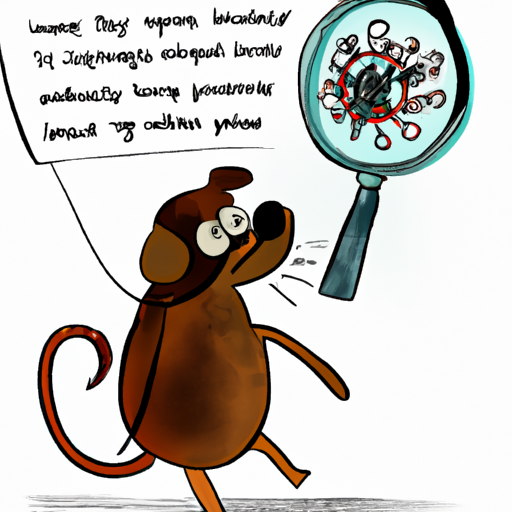Understanding Kidney Failure in Dogs
You might think of your dog as your forever young, energetic companion, but just like us, they are susceptible to various health conditions as they age. Kidney failure is one of these conditions and it can be a devastating diagnosis. Understanding what kidney failure really is can be the first step in helping your furry friend.
Kidneys play a crucial role in your dog’s body. They help to filter out waste from the blood, produce urine, regulate blood pressure, and maintain overall fluid balance. When kidneys fail, they are no longer able to perform these functions effectively. This results in a build-up of harmful toxins in the dog’s body, leading to kidney failure.
Causes of Kidney Failure in Dogs
You may wonder, “How does my dog end up with kidney failure?” There are several causes, and it’s important to understand them so you can do your best to prevent it:
- Age: Just like in humans, a dog’s organs can wear out over time. Kidney function might decline as your dog gets older.
- Genetic predisposition: Some breeds are more susceptible to kidney disease than others.
- Infections and diseases: Conditions like Lyme disease, leptospirosis, or urinary tract infections can damage your dog’s kidneys.
- Toxins: Ingestion of harmful substances, like antifreeze or certain medications, can cause acute kidney failure.
Recognizing Symptoms of Kidney Failure
Spotting kidney failure early can make a huge difference in your dog’s prognosis. Look out for these signs:
- Decreased appetite or unexplained weight loss
- Lethargy or depression
- Increased thirst and urination
- Vomiting or diarrhea
- Bad breath (caused by the build-up of toxins)
If your dog shows any of these symptoms, it’s important to contact your vet immediately.
Managing Kidney Failure in Dogs
While kidney failure can’t be cured, it can be managed to help your dog live a comfortable life. Here’s how you can help:
- Diet: Feeding your dog a kidney-friendly diet can help reduce the workload on the kidneys. This might include low-protein, low-phosphorus, and low-sodium foods.
- Fluid Therapy: Keeping your dog hydrated is crucial in managing kidney failure.
- Medication: Your vet might prescribe medications to control symptoms like nausea and to lower blood pressure.
Prevention is Better than Cure
Prevention is always best when it comes to kidney failure. Here are some steps you can take:
- Regular check-ups with your vet
- Providing a balanced diet
- Keeping your dog hydrated
- Regular exercise
- Avoiding harmful substances
FAQs
Q: Can kidney failure in dogs be cured?
A: No, but it can be managed to improve the dog’s quality of life.
Q: Are certain breeds more prone to kidney failure?
A: Yes, breeds like Bull Terriers, German Shepherds, and English Cocker Spaniels are more prone.
Q: How is kidney failure diagnosed in dogs?
A: Through blood tests and urinalysis.
Q: Can a dog with kidney failure still live a happy life?
A: Yes, with proper management, your dog can still enjoy a good quality of life.
Q: How can I prevent my dog from getting kidney failure?
A: Regular vet visits, a healthy diet, keeping your dog hydrated, exercise, and avoiding harmful substances can help.



